This week at NASA…


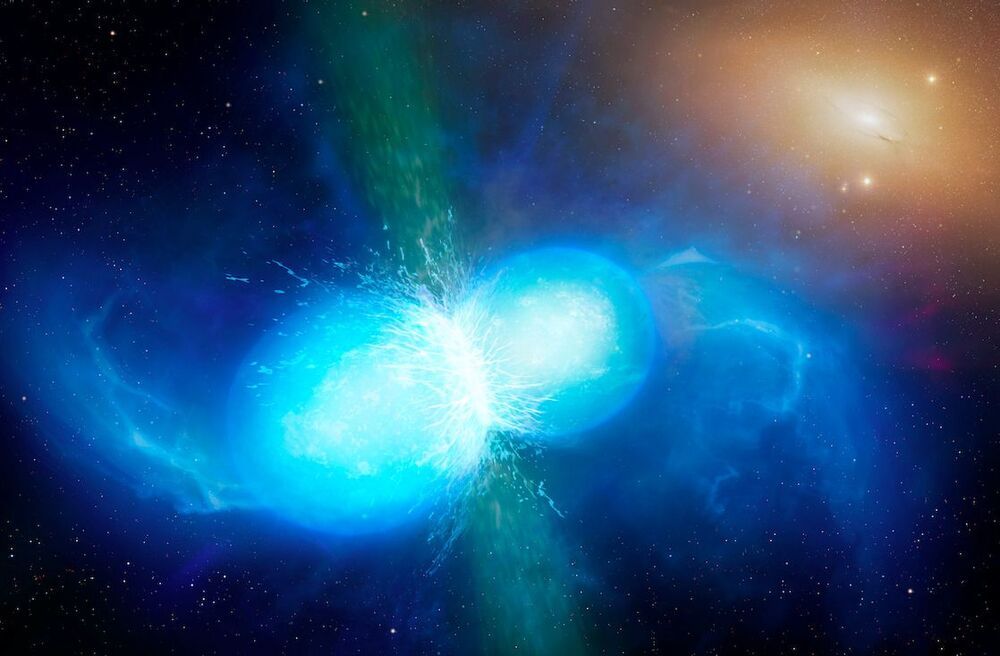
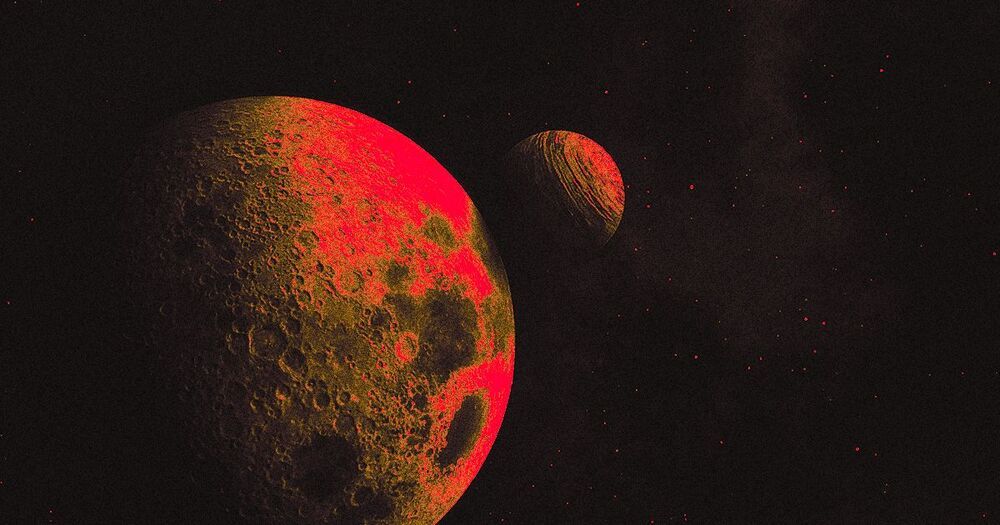
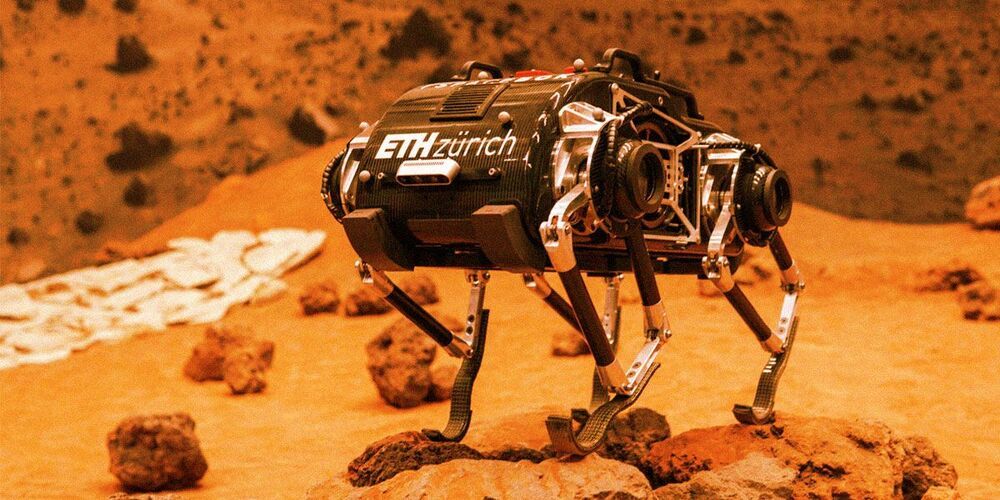
Engineers from ETH Zurich in Switzerland and the Max Planck Institute in Germany built a small quadrupedal robot meant to leap around on the surface of the Moon, much like the Apollo astronauts did half a century ago.
Now SpaceBok, named after the bounding springbok antelope, is getting a Mars upgrade — on the Red Planet, it will have to weather much stronger gravity than on the Moon and face more treacherous terrain, as Wired reports.
The concept is a strong one. If it were to ever land on Mars, a walking robot could explore terrain that has so far been off limits to wheeled rovers — and maybe even the planet’s mysterious caves.
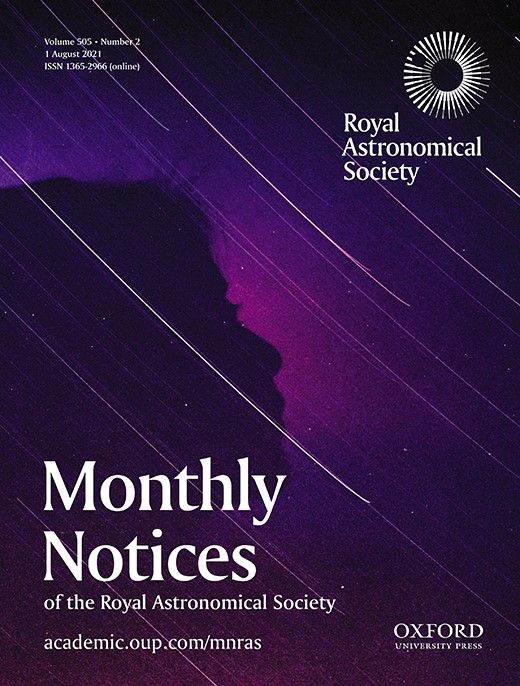
ABSTRACT. Galaxy models have long predicted that galactic bars slow down by losing angular momentum to their postulated dark haloes. When the bar slows down, resonance sweeps radially outwards through the galactic disc while growing in volume, thereby sequentially capturing new stars at its surface/separatrix. Since trapped stars conserve their action of libration, which measures the relative distance to the resonance centre, the order of capturing is preserved: the surface of the resonance is dominated by stars captured recently at large radius, while the core of the resonance is occupied by stars trapped early at small radius. The slow down of the bar thus results in a rising mean metallicity of trapped stars from the surface towards the centre of the resonance as the Galaxy’s metallicity declines towards large radii. This argument, when applied to Solar neighbourhood stars, allows a novel precision measurement of the bar’s current pattern speed |$\Omega _{\rm p}= 35.5 \pm 0.8 \, {\rm km}\, {\rm s}^{-1}\, {\rm kpc}^{-1}$|, placing the corotation radius at |$R_{\rm CR}= 6.6 \pm 0.2 \, {\rm kpc}$|. With this pattern speed, the corotation resonance precisely fits the Hercules stream in agreement with kinematics. Beyond corroborating the slow bar theory, this measurement manifests the deceleration of the bar of more than |$24{{\ \rm per\ cent}}$| since its formation and thus the angular momentum transfer to the dark halo by dynamical friction. The measurement therefore supports the existence of a standard dark-matter halo rather than alternative models of gravity.


Breaking — see how an overabundance of methane at Saturn’s ice moon Enceladus may be evidence for life there!
You can support Galactic Gregs by supporting the sister channel Green Gregs by clicking the links below:
For your space habitat garden buy worms at greengregs.com!
See the Special Deals at My Patriot Supply (great space mission food): www.PrepWithGreg.com.
For gardening in your space habitat (or on Earth) Galactic Gregs has teamed up with True Leaf Market to bring you a great selection of seed for your planting. Check it out: http://www.pntrac.com/t/TUJGRklGSkJGTU1IS0hCRkpIRk1K
As the first Mars rover probe launched by China, Tianwen-1 Zhurong rover has completed the three major technical steps of Mars exploration at one time. The three steps are Orbiting, landing, and patrolling, which are, entering Mars orbit, landing on the surface of Mars, and the rover walking and patrolling around. Why did China’s space agency successfully break the so-called “Mars curse” with its very first Mars rover landing mission? How did the various aerospace technologies involved in the Zhurong landing process develop?
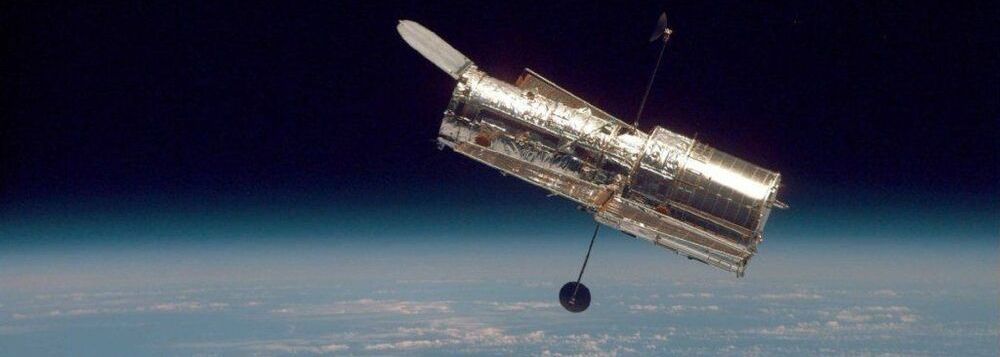
The Hubble Space Telescope is currently offline.
On Sunday 13 June, the telescope’s payload computer went offline, and engineers here on Earth are currently performing operations to get it up and running again.
The payload computer, as you might expect, is vital to Hubble’s continued science operations. It’s the ‘brains’ of the instrument, coordinating and controlling the various instruments with which Hubble is equipped. It also monitors the telescope for issues.